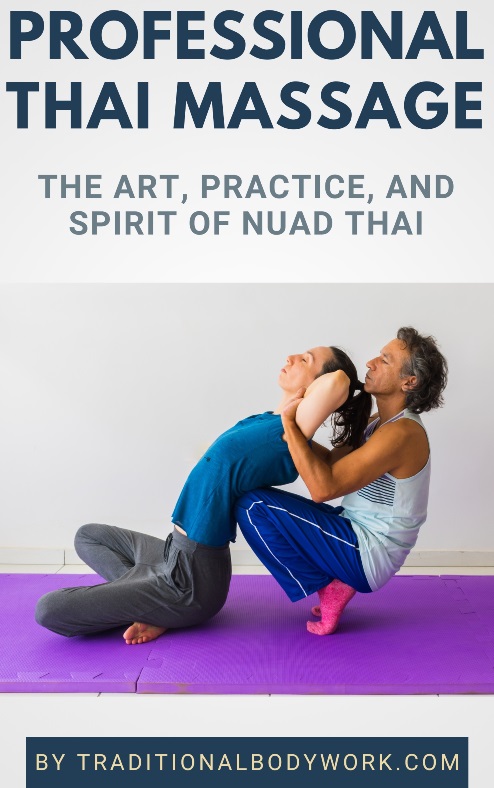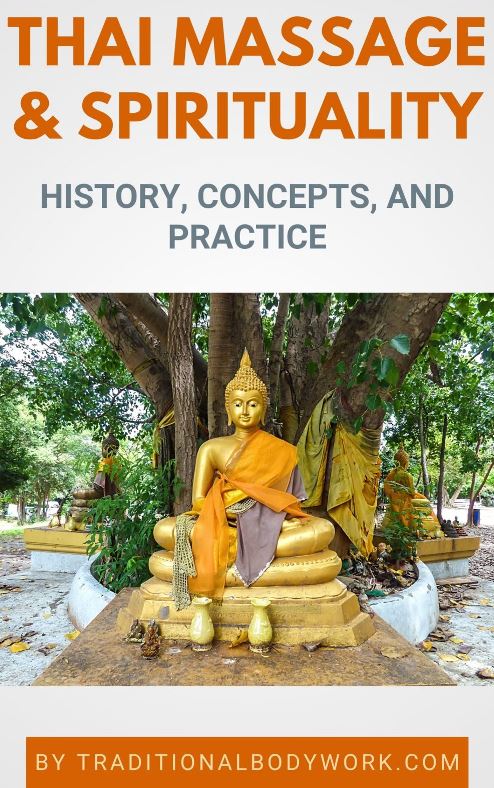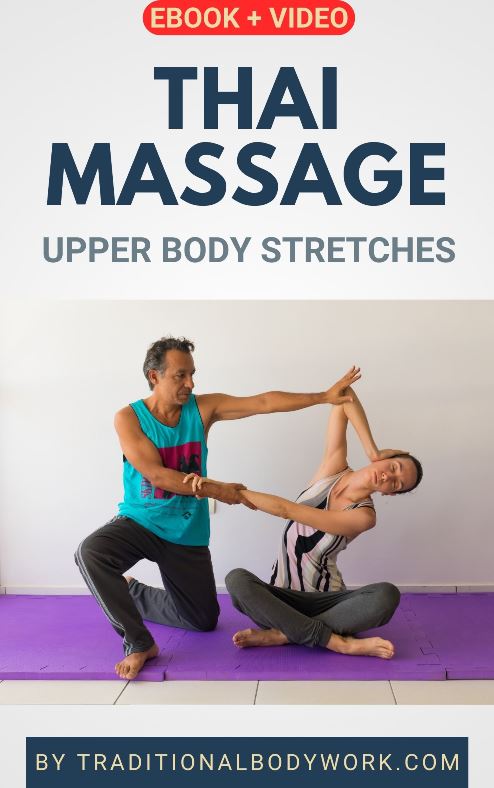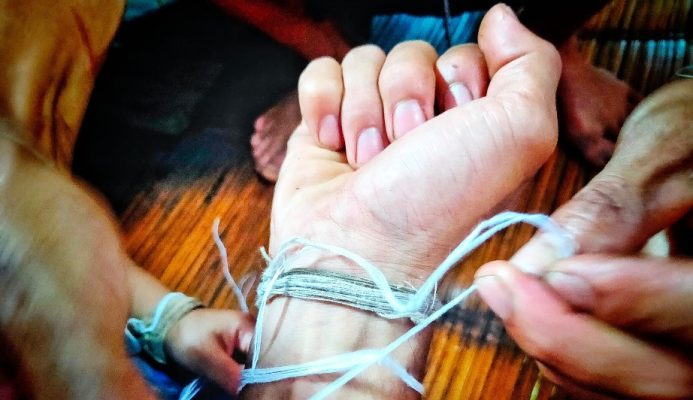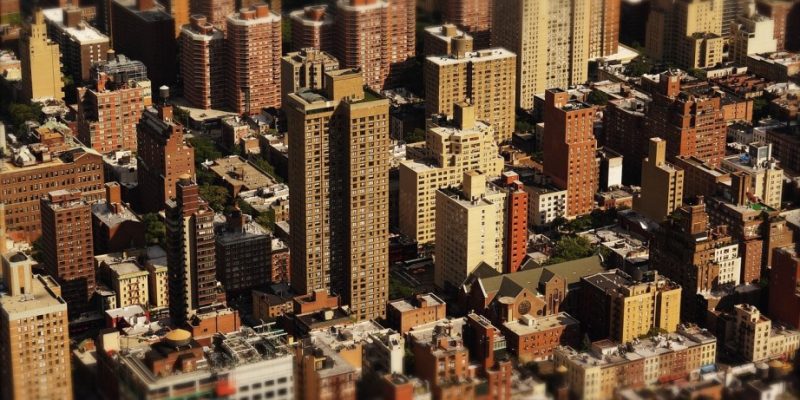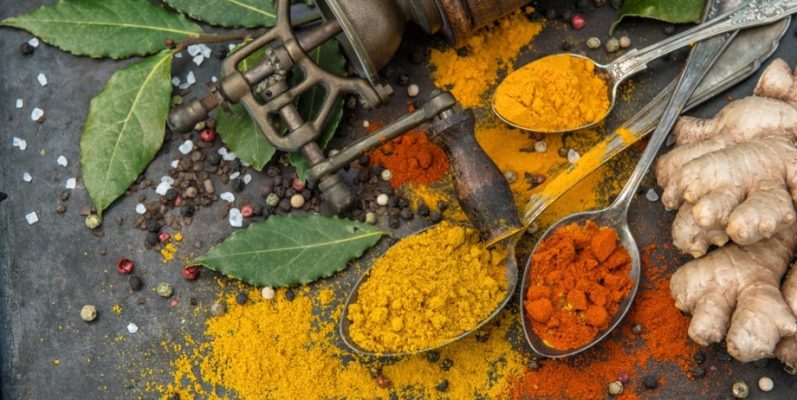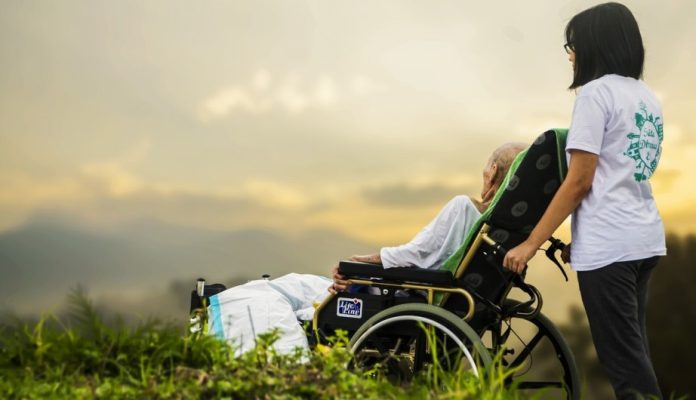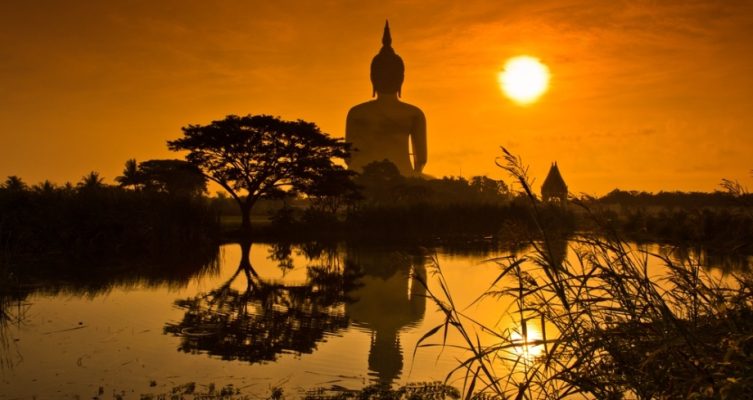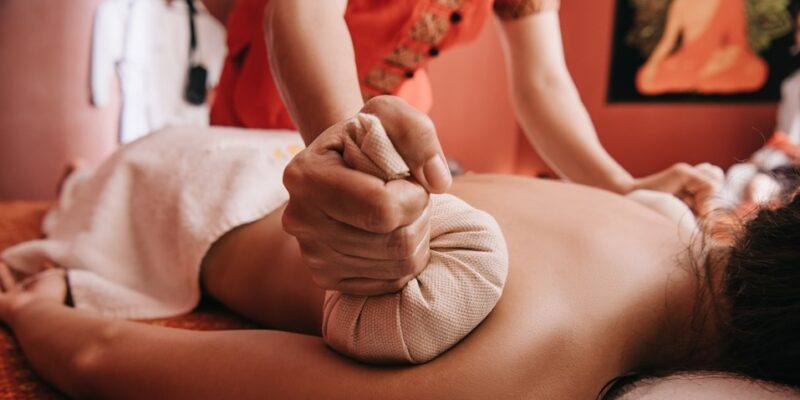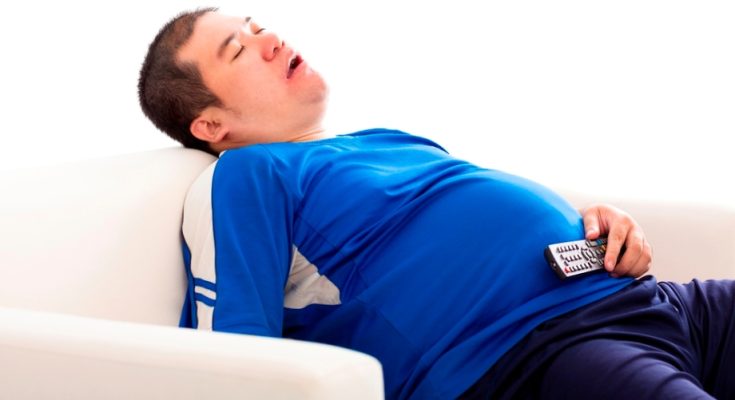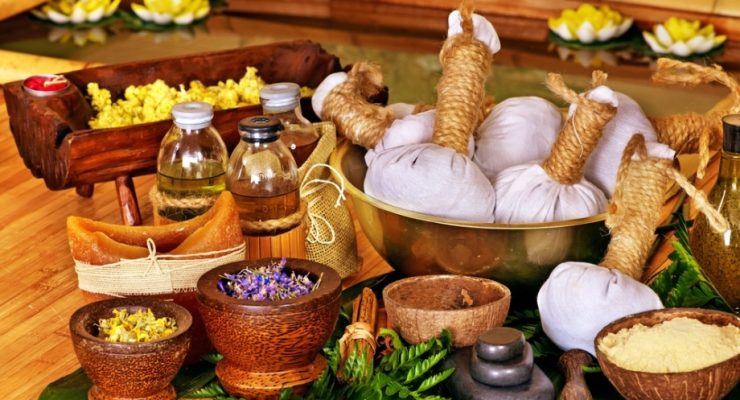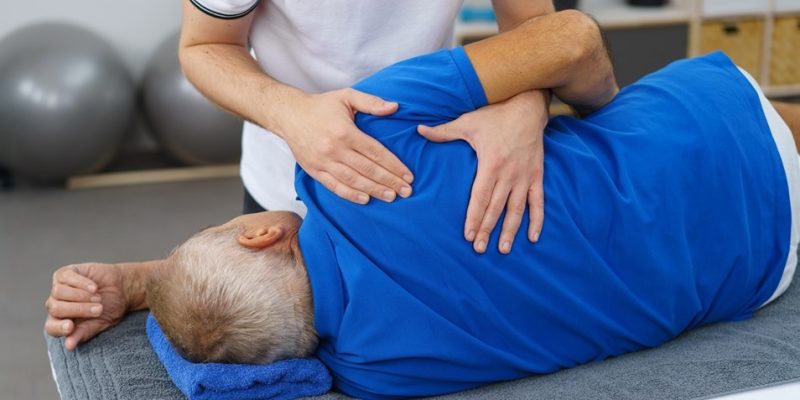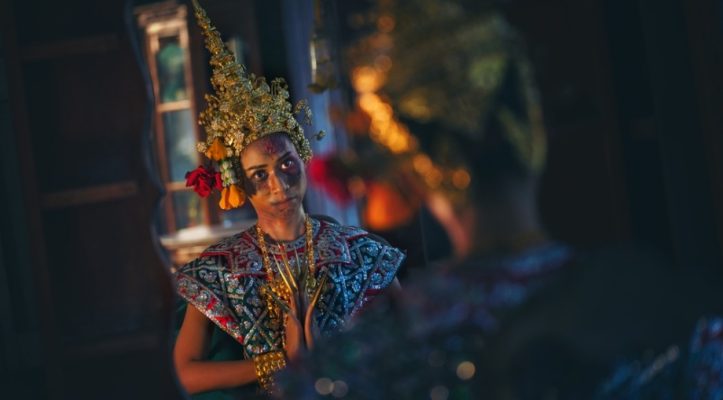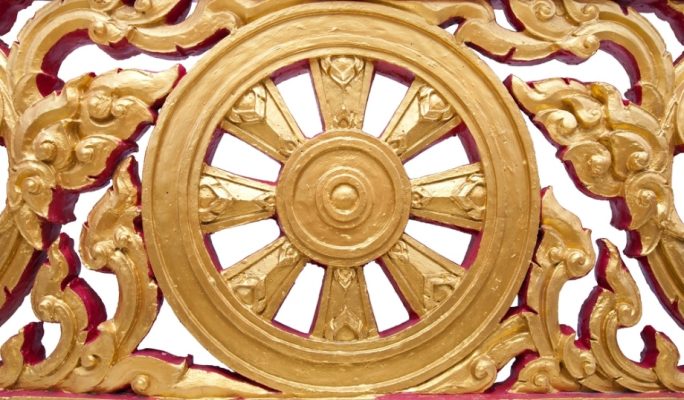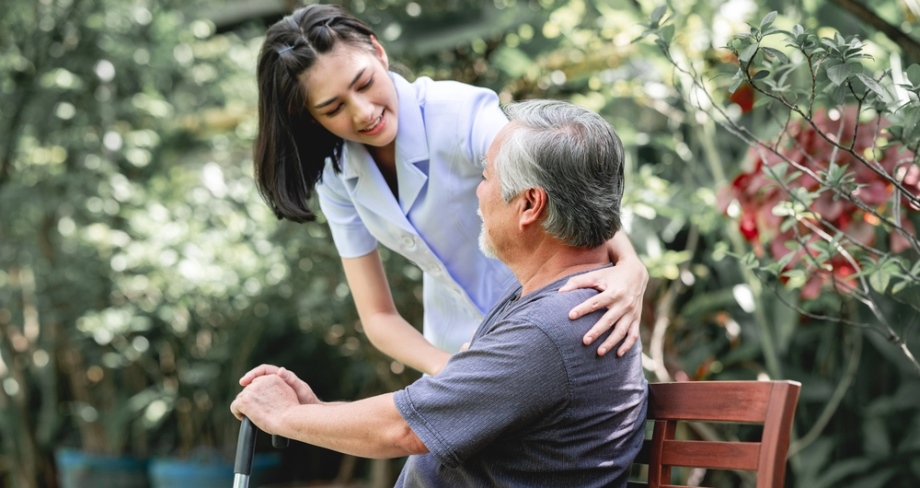
The Thai realize that people in Thailand become increasingly older and that care for the elderly should be in the hands of family members, social institutes, and the government.
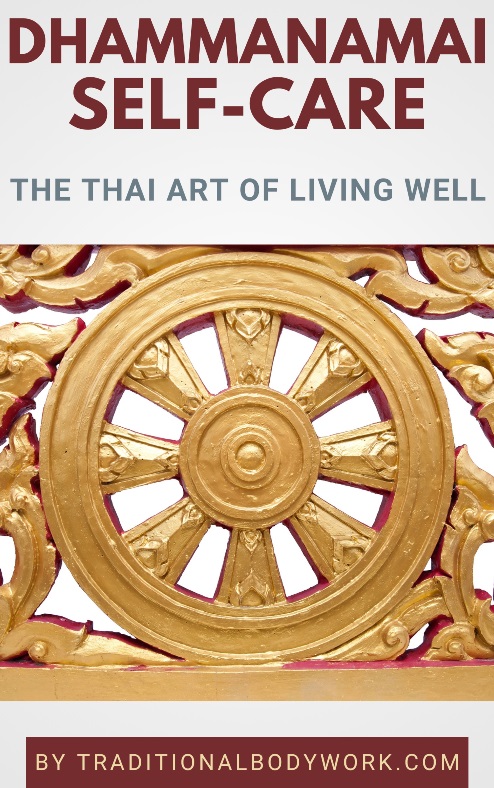
In addition, the idea is that elderly people should also take care of themselves by navigating the various changes on a physical, emotional-mental, spiritual, social, and environmental level, and should aim at staying as healthy as possible.
In Thailand, it’s thought that the most important changes in the elderly are both on a physical and mental level, which include body aches and pains, dizziness, insomnia, flatulence, bloating, constipation, loss of appetite, slower movement and decreased mobility, decreased muscle and bone strength, forgetfulness, fluctuating moods, and emotional sensitiveness.
It’s thought that by applying Dhammanamai principles, elderly people can better manage the above mentioned symptoms and easier maintain their health. Mind that the principles of Dhammanamai for elderly people are not so much intended to cure, but rather to advise and help the elderly to be able to prevent premature illnesses and promote their own health with simple methods.
Life periods in Thai Traditional Medicine (TTM) are divided in three periods:
- Early Age: birth – 16 years old;
- Middle Age: 16 – 32 years old;
- End-of-Life Age: 32 years old – up to life expectancy.
The End-of-Life Age itself is again divided into two periods:
- Period 1: 32 – 64 years old;
- Period 2: 64 years old and up.
As you can see in the definition above, the End-of-Life stage in TTM is thought to start at the age of 32. It actually means that according to TTM the body starts to deteriorate as from that age, and that appropriate measures need to be taken to prevent illness and maintain health and stimulate longevity.
The age period of what’s truly meant by “the elderly” in TTM rather starts at 64 (Period 2 of the End-of-Life Age).
At any rate, below then a discussion of the three areas Kayanamai, Jitanamai, and Chevitanamai that need to be taken into account for elderly people.
Kayanamai – Healthy Body
Kayanamai (Healthy Body) means having good physical health. It’s believed that elderly people are often too inactive or inert, which will cause the body to deteriorate faster with various unnecessary illnesses and health discomforts as a result.
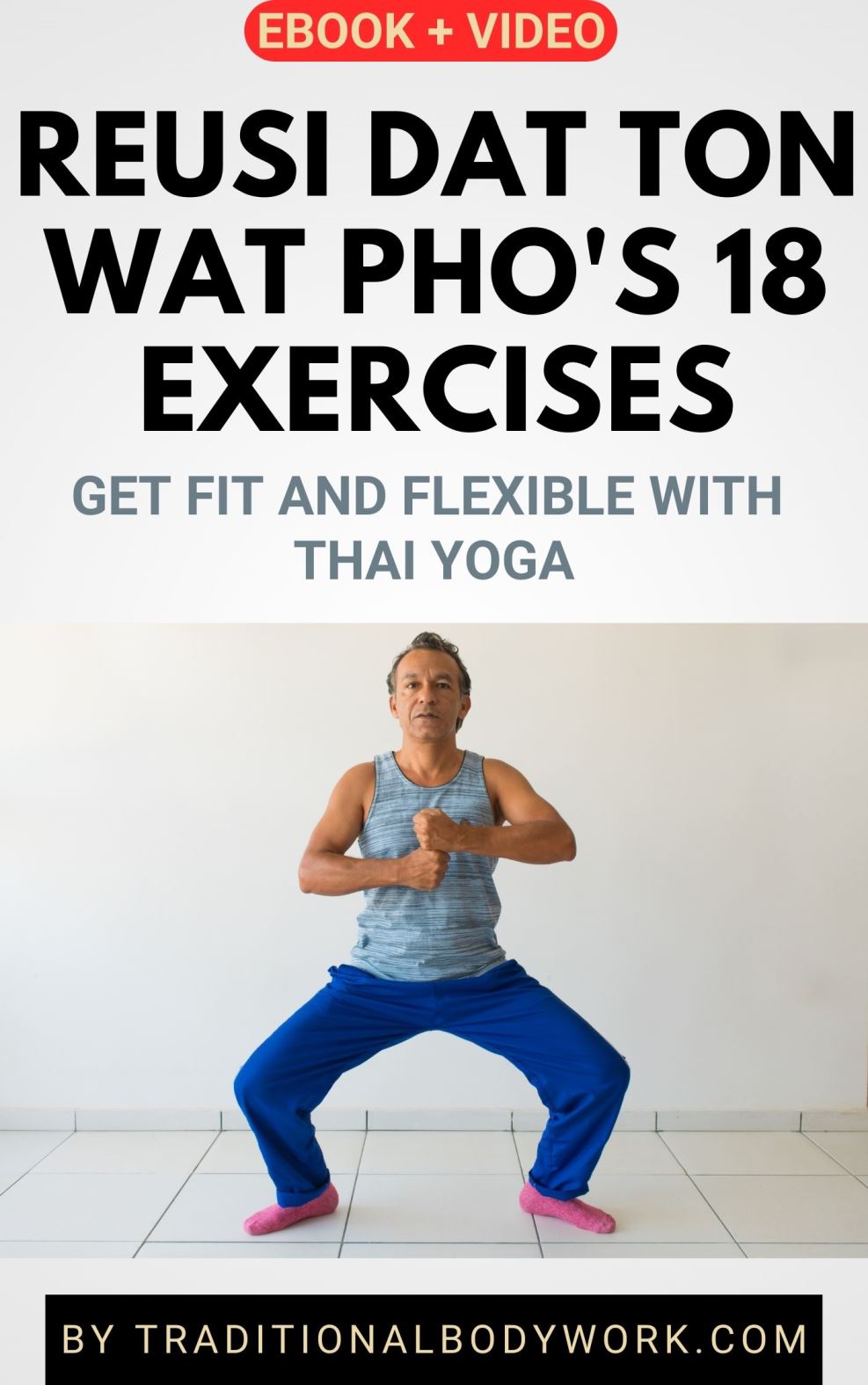
Therefore, using simple exercises from TTM, such as using the step-by step dance grid, doing light housework, or doing Reusi Dat Ton exercises can be of great help to keep the body active.
However, the elderly should move their bodies according to their own abilities, and should avoid exercises that can cause falls.
In case elderly people are not able to do exercises by themselves, others can apply Thai Massage or herbal compresses for them to relax muscles, relieve pains, and to stimulate muscle and joint mobility and the blood and lymph circulatory system.
Elderly should notably consume food and herbal medicine that’s appropriate to the season, their age, and Dominant Body Element. A general advice is to avoid spicy food and to eat foods that are easy digestible.
However, a health examination by a Modern Medicine doctor should be performed to check if there is a condition that requires any contemporary biomedicine medication. This is because some TTM medications may affect the treatment of Modern Medicine as well.
Jitanamai – Healthy Mind

Jitanamai (Healthy Mind) means having good mental health, which means thinking good, doing good and following practices according to the teachings of the religion or spiritual practice one believes in, such as Buddhism.
It typically involves meditation practices that support attaining a calm, clear, and happy mind, which is seen of great importance to maintain mental health in elderly people. Think of Metta Meditation or Vipassana Meditation.
If elderly people have mobility problems or mental decline, others can help them to go to the temple, or alternatively meditate, recite, chant and pray together with them.
However, elderly should avoid meditation or praying postures that may cause more pain, such as sitting cross-legged for a long time.
Chevitanamai – Healthy Lifestyle
Chevitanamai (Healthy Lifestyle) is about having an appropriate behavior in daily life, living in a clean place, being close to Nature, having enough sleep, not drinking alcohol, not smoking, staying away from vices, and living in harmony with one’s family, children, grandchildren, and people in society.
Elderly people who cannot take care of these aspects by themselves need to be helped to create these conditions. For instance, it means that someone else should keep their bodies, food, and environment healthy, clean, and orderly, and help them to spend quality time outdoors in or near Nature and with other people.



